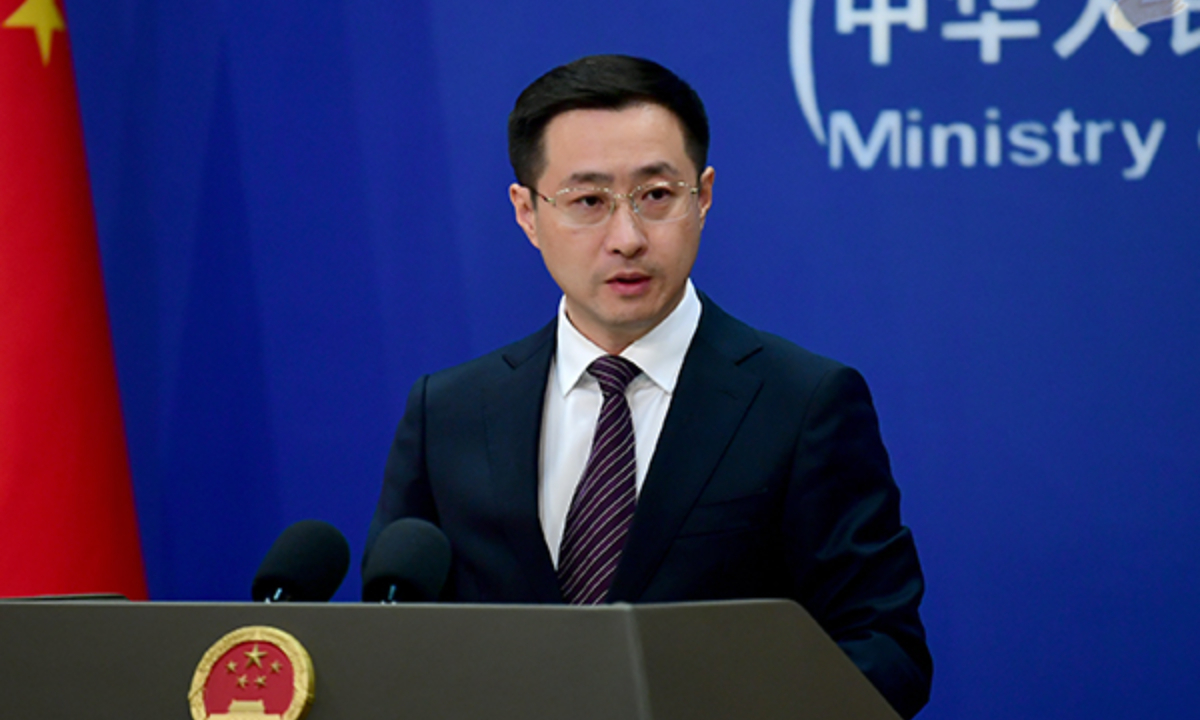
Lin Jian
In response to media reports that according to sources, the US government is considering softening its proposed fee on China-linked ships visiting US ports after a flood of negative feedback from industries that said the idea could be economically devastating, Chinese Foreign Ministry spokesperson Lin Jian said on Wednesday that imposing port fees and levying tariffs on cargo handling facilities hurt the US itself as well as others.
They will not only push up global maritime shipping costs and destabilize global industrial and supply chains, but also increase inflationary pressure in the U.S. and hurt the interests of American consumers and businesses. The practice will ultimately fail to revitalize the US shipbuilding industry, Lin said.
Lin said that we urge the US to respect facts and multilateral rules, and stop its wrongdoings at once. China will do what is necessary to defend its lawful rights and interests.
Reuters reported on Wednesday that the US is considering softening its proposed fee on China-linked ships visiting US ports, citing six sources.
Among the changes under consideration are delayed implementation and new fee structures designed to reduce the overall cost to visiting Chinese vessels, according to the six sources with knowledge of the matter, according to the report.
On February 21, 2025, the Office of the US Trade Representative (USTR) proposed a measure targeting China's maritime, logistics and shipbuilding sectors, with plans to impose high fees on Chinese-made ships and Chinese shipping operators entering US ports.
At the end of March, the USTR held a hearing on the "docking fee" proposal. A coalition of nearly 300 business groups wants the Trump administration to drop the proposal to subsidize domestic shipbuilding by charging a fee of up to $1.5 million on Chinese-made ships that visit US ports, US media outlet Politico reported.
Industry insiders told the Global Times that if the fees were collected, the first to be affected would be those involved in related industries and consumers in the US, and the fees would then be transmitted to the whole world, accelerating the formation of a global shipping cost transfer chain.
Global Times




